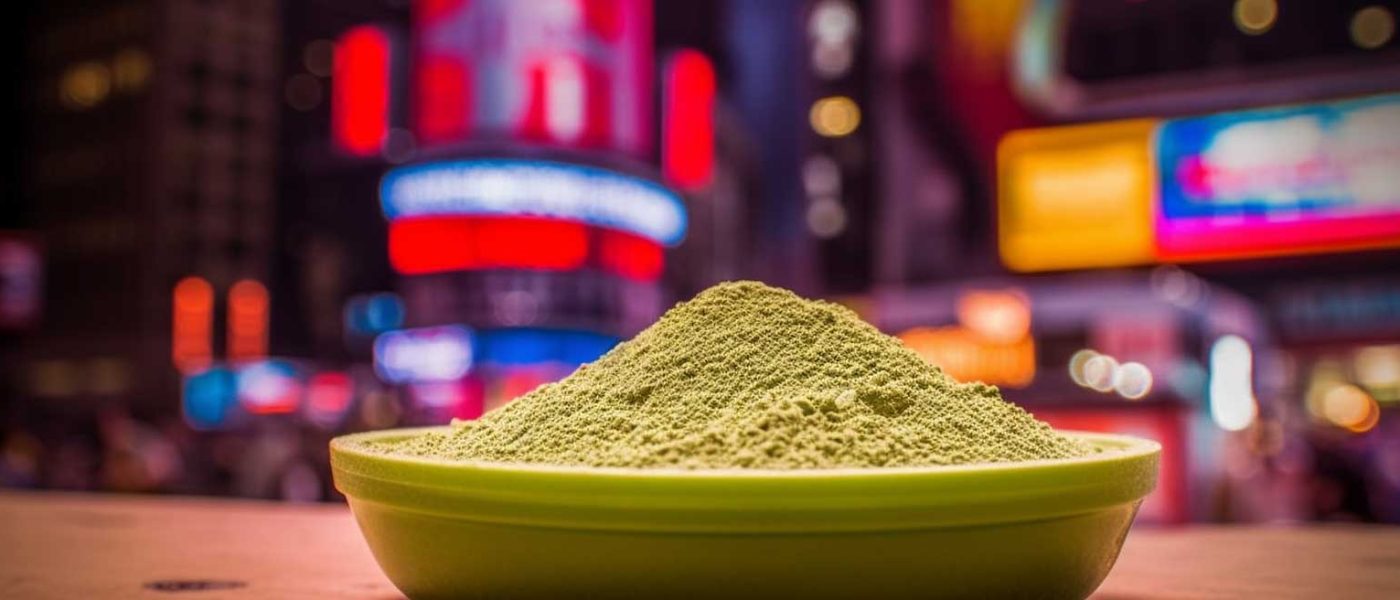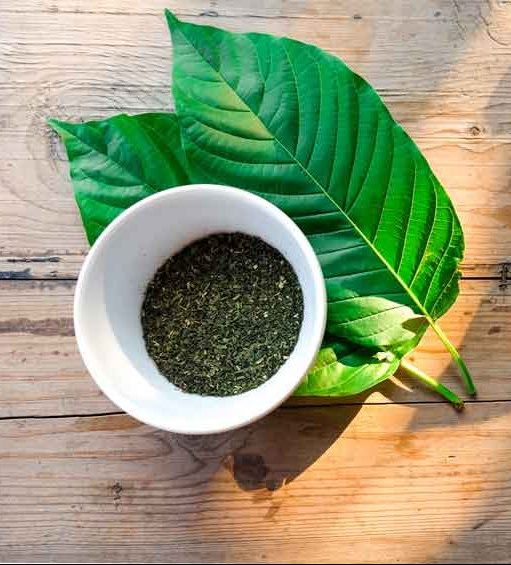IS KRATOM LEGAL IN NEW YORK?

Kratom and its Increasing Popularity
Kratom is a substance that has piqued the interest of many across the globe. Its increasing popularity has led to a multitude of questions, one of the most frequently asked being about its legality, especially in certain U.S. states.
While it remains legal at the federal level in the United States, the laws regulating its use and distribution differ from state to state, often causing confusion among those interested in this unique botanical.
Current Legal Status of Kratom in New York
As of our current date, in May 2023, kratom is indeed legal in the state of New York. The New York legislative bodies have not passed any laws that ban or restrict the sale, possession, or use of kratom. This makes it accessible to New York residents who wish to explore it, and it is generally available in a variety of formats, including powders, capsules, and extracts, in both online and brick-and-mortar stores.
History of Proposed Kratom Legislation in New York
The legal landscape of kratom in New York, like many other states, has not always been clear. Over the years, several attempts were made to criminalize kratom in New York. However, these proposed bills have not gained the necessary momentum to pass, due in part to the efforts of advocacy groups and the public who strongly support maintaining the legality of kratom.
One of the major legislative attempts occurred in 2017 when a bill was introduced in the New York State Assembly proposing a complete ban on kratom. Bill A231, as it was known, sought to amend the public health law and criminalize the manufacture, sale, and possession of kratom. However, the bill faced substantial resistance and never made it out of the committee stage.
Again, in 2019, similar attempts were made with Bills A8787 and S6345, aiming to classify kratom as a Schedule I substance, which would have made it illegal in the state. Fortunately for kratom enthusiasts, these proposed bills were met with considerable opposition and, again, did not make it through the legislative process.
The Role of Advocacy Groups in Protecting Kratom Legality
The concerted efforts of kratom advocates, including consumers, researchers, and even some lawmakers, have played a pivotal role in maintaining its legality. Advocacy groups such as the American Kratom Association (AKA) have been instrumental in lobbying against proposed bans and advocating for regulation instead of prohibition.
Interestingly, while fighting against kratom criminalization, these groups are also at the forefront of advocating for its responsible regulation. The AKA initiated a Kratom Consumer Protection Act (KCPA), which has been presented in various states across the U.S. The KCPA aims to ensure the safety and rights of kratom consumers by regulating its sale and distribution, including quality standards to protect against adulterated or contaminated products. As of now, the KCPA has not been adopted in New York, but it signifies a proactive approach towards maintaining a safe and legal kratom market.
So is Kratom Legal in New York?
As of 2023, kratom remains legal in the state of New York. While there have been several attempts to criminalize it, the active lobbying and advocacy work by certain groups have kept it legal and accessible to those interested in it. Nevertheless, the legal landscape surrounding kratom in New York remains dynamic, and those interested in kratom should stay updated on the most recent legislation and regulatory measures.
Kratom Legality in Neighboring States
The legality of kratom in the United States is indeed a patchwork of different regulations and restrictions, varying significantly from one state to another. Given this complex situation, it’s also important to take a glance at the legal status of kratom in the states neighboring New York.
New Jersey: As of 2023, kratom remains legal in New Jersey. The state has seen multiple bills attempting to ban the substance, but none have passed to date. As a result, the sale, possession, and use of kratom are currently unrestricted in New Jersey.
Pennsylvania: Kratom is also legal in Pennsylvania. There have been no significant legislative attempts to ban or regulate kratom in the state, making it freely available to interested residents.
Connecticut: Connecticut, too, has not imposed any bans or restrictions on kratom. Thus, it remains legal and accessible within the state.
Massachusetts: Kratom is legal in Massachusetts. The state has not passed any legislation banning or regulating the use, sale, or possession of kratom.
Vermont: This is one of the few states where kratom is not legal. Vermont has classified kratom as a regulated drug, making it illegal to sell, possess, or use within the state.
Overall, with the exception of Vermont, kratom remains legal in the states neighboring New York. However, given the dynamic legislative environment surrounding kratom, it’s essential for interested individuals to stay updated with any changes in the legal landscape.

Where to Buy Kratom in New York?
New York offers a variety of options for purchasing kratom products. Here are some tips for buying kratom from various types of vendors in New York:
- Local Smoke Shops and Vape Stores: Many smoke shops and vape stores in New York carry kratom products. Be sure to check customer reviews and ask for recommendations to find a reputable store.
- Specialty Shops: Some specialty stores focusing on herbal products and supplements also stock kratom. These shops are more likely to have knowledgeable staff who can guide you in selecting the right product for your needs.
- Online Shopping: Purchasing kratom online offers a wider variety of products at competitive prices. Make sure to choose a reliable vendor that is cGMP certified and conducts quality testing.
The Best Place to Buy Kratom in New York
When it comes to buying kratom products, Topline Kratom is the ultimate online destination. Here are some reasons why we stand out from the rest:
- Variety: Topline Kratom offers a wide range of kratom products, including kratom extracts, kratom capsules, kratom powder, kratom tablets, and even some delicious kratom coffee. With such a diverse selection, you’ll be sure to find the perfect product for your needs.
- Quality: Our products undergo the most rigorous quality control measures in the industry. Each batch undergoes a comprehensive examination and laboratory analysis by an accredited lab to detect any impurities or contaminants. Topline
Kratom is proud to exceed Current Good Manufacturing Practices (cGMP) standards, which means that our production and manufacturing processes meet and exceed the highest standards of quality, purity, and safety. - FREE Shipping: At Topline Kratom, we believe in providing the best value for our customers. That’s why we offer free shipping on all purchases over $100.
- Ethical Sourcing: We are proud of our dedication to ethical and sustainable sourcing methods. Our kratom is harvested meticulously from wild and renewable sources, prioritizing the preservation of the environment. Furthermore, we steer clear of regions treated with pesticides to ensure our customers receive the purest premium-grade kratom.
When it comes to buying kratom in New York, Topline Kratom is the go-to online destination. With our extensive product variety, commitment to quality, competitive prices, fast shipping, and ethical sourcing, you can confidently purchase kratom products knowing that you’re getting the best. Give Topline Kratom a try and experience the difference for yourself.
This article is based on publicly available information at the time of writing and is intended for informational purposes only. The legal landscape surrounding kratom, including rules and regulations, is subject to change. As such, readers are advised to always consult with their local government and local news organizations for the most up-to-date and accurate information regarding any changes to rules and regulations related to kratom in their area. The content provided in this article should not be considered legal advice or a substitute for professional guidance.
